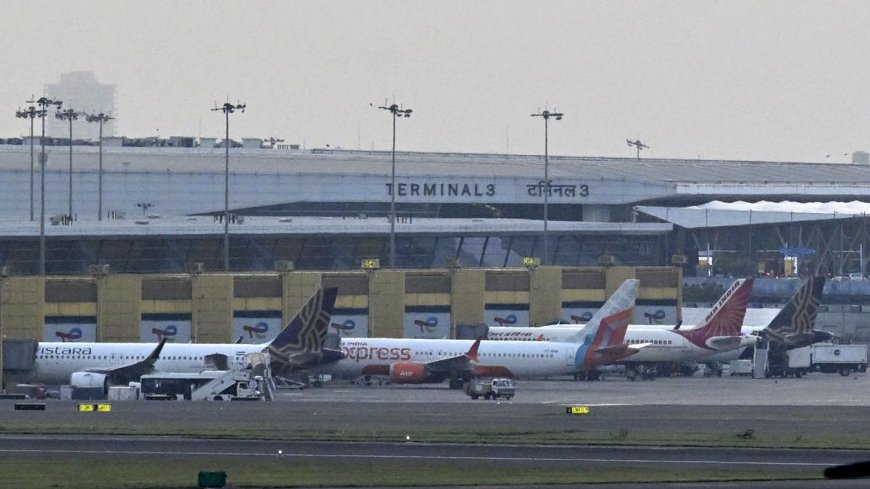How do military standoffs affect aviation? | Explained

How do military standoffs affect aviation? | Explained
Breaking News, Daily Updates & Exclusive Stories - asarkari. In the realm of international relations, military standoffs can significantly impact various sectors, including aviation. Recent events have brought this issue to the forefront, prompting a closer examination of the scenarios leading to airspace closures and the implications for civil aviation.
Understanding Airspace Closure
Countries may close their airspace for a variety of reasons, primarily during military standoffs. These situations arise due to escalating tensions between nations, often involving concerns over national security, espionage, or territorial disputes. In such contexts, airspace can be restricted not only to military aircraft but also to civilian flights, leading to widespread implications.
Military and Civilian Flight Restrictions
One common question is whether only military planes are banned during such closures. The answer is often complex. While the primary intention may be to restrict military operations, airspace closure can affect civilian traffic as well. Both military and civilian aircraft may be rerouted to ensure safety, often leading to delays and cancellations. This was notably observed following Operation Sindoor, in which tensions between India and Pakistan escalated.
The Impact on Civilian Aviation
Civilian flights can face significant disruptions during military standoffs. Groundings, detours, and cancellations become more frequent as airlines scramble to adapt to rapidly changing airspace regulations. For travelers, this means potential delays, financial losses, and a frustrating experience at airports. For instance, in the wake of military tensions, Indian planes were barred from entering Pakistani airspace and vice-versa. This state of affairs led to increased flight times and alterations in existing airline routes, affecting both commercial operations and travelers' experiences.
Diplomatic Consequences and Future Considerations
As military standoffs subside, questions arise regarding the restoration of airspace shares between nations. After Operation Sindoor, Indian flights have recently been allowed back into Pakistan’s airspace, indicating a possible thaw in relations. Such developments highlight the diplomatic implications of military standoffs, which can lead to a renewed cooperation in aviation and logistics.
Concluding Thoughts
The interplay of military standoffs and aviation is a multifaceted issue that reflects broader geopolitical tensions. As nations grapple with security concerns, the aviation industry must navigate the complexities of airspace regulations and their repercussions on civilian travel. The recent easing of restrictions in regions previously impacted by military tension signals a hopeful note for improved diplomatic ties and enhanced aviation operations in the future.
In summary, military standoffs create a ripple effect that transcends national borders, significantly affecting civil aviation operations through airspace closures and regulatory shifts. It's crucial for travelers and industry stakeholders to remain informed about the implications of these geopolitical dynamics. For more updates, visit https://asarkari.com.
Written by Kavita Singh, Priya Mehta, and Aditi Sharma, signed off as team asarkari.
Keywords:
military standoffs, aviation impact, airspace closure, civilian flights, Operation Sindoor, India Pakistan airspace, air travel disruptions, diplomatic relations, flight cancellations, aviation industryWhat's Your Reaction?
 Like
0
Like
0
 Dislike
0
Dislike
0
 Love
0
Love
0
 Funny
0
Funny
0
 Angry
0
Angry
0
 Sad
0
Sad
0
 Wow
0
Wow
0











































